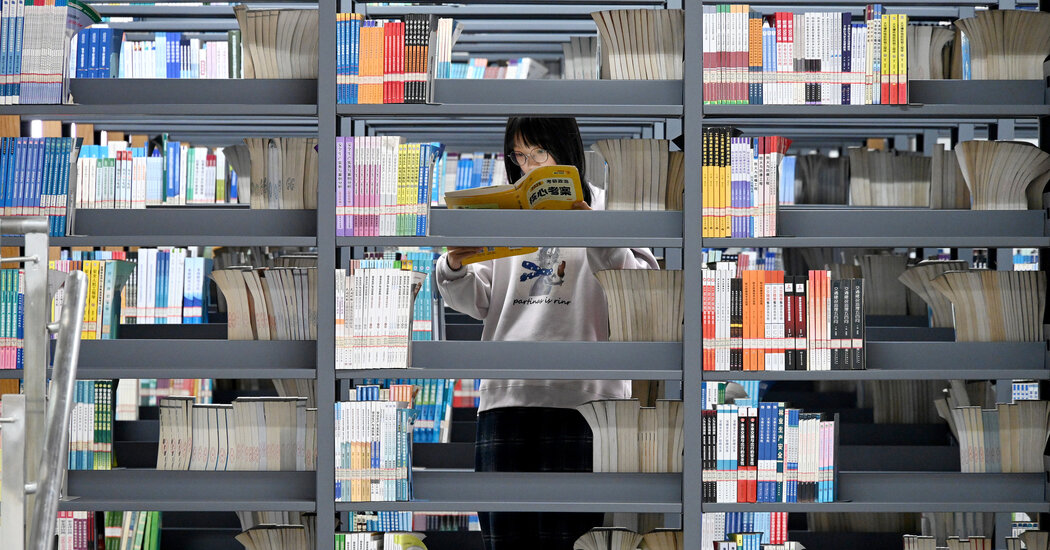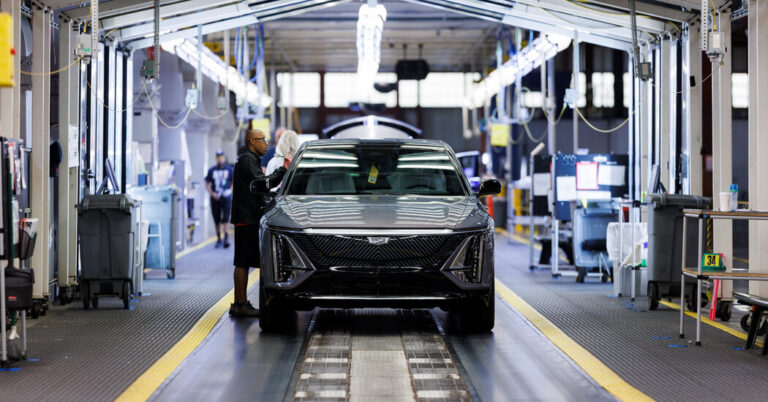Here is the text in plain form:
To many Chinese, DeepSeek’s success is a victory for China’s education system, proof that it equals that of the United States or has even surpassed it.
The core team of developers and scientists behind DeepSeek, the Chinese start-up that has jolted the A.I. world, all attended university in China, according to the company’s founder.
As Chinese commenters online basked in Americans’ shocked reactions, some pointed to the high number of science Ph.D.s that China produces annually.
Acclaim has even poured in from overseas.
The reality is more complicated. Yes, China has invested heavily in education, especially in science and technology, which has helped nurture a significant pool of talent, key to its ambition of becoming a world leader in A.I by 2025.
But outside of the classroom, those graduates must also contend with obstacles that include a grinding corporate culture and the political whims of the ruling Communist Party.
Under its current top leader, Xi Jinping, the party has emphasized control, rather than economic growth, and has been willing to crack down on tech firms it deems too influential.
By some metrics, that is starting to change.
China produced more than four times as many STEM graduates in 2020 as the United States.
Some have criticized China’s educational system as overly exam-oriented and stifling to creativity and innovation.
Yet government involvement is also one of the biggest potential threats to Chinese innovation.
The resulting layoffs at tech companies, combined with the uncertainty of the sector’s future, helped diminish the appeal of a sector that once attracted many of China’s top students.
A.I has been somewhat shielded from the brain drain so far, in part because of its political imprimatur, said Yanbo Wang, a professor at the University of Hong Kong who studies China’s tech entrepreneurship.
He added that he expected more successful Chinese A.I start-ups to emerge soon, driven by young people.
China’s long-term A.I competitiveness hinges not only on its STEM education system, but also on its handling of private investors, entrepreneurs and for-profit companies, he added.
Even within private companies, employees often must contend with a focus on quick results.
DeepSeek’s success may hinge as much on how it differed from other Chinese tech companies as on how it shared their strengths.
The best way for China to capitalize on its well-educated, ambitious A.I workforce may be for the government to get out of the way.
Source link




